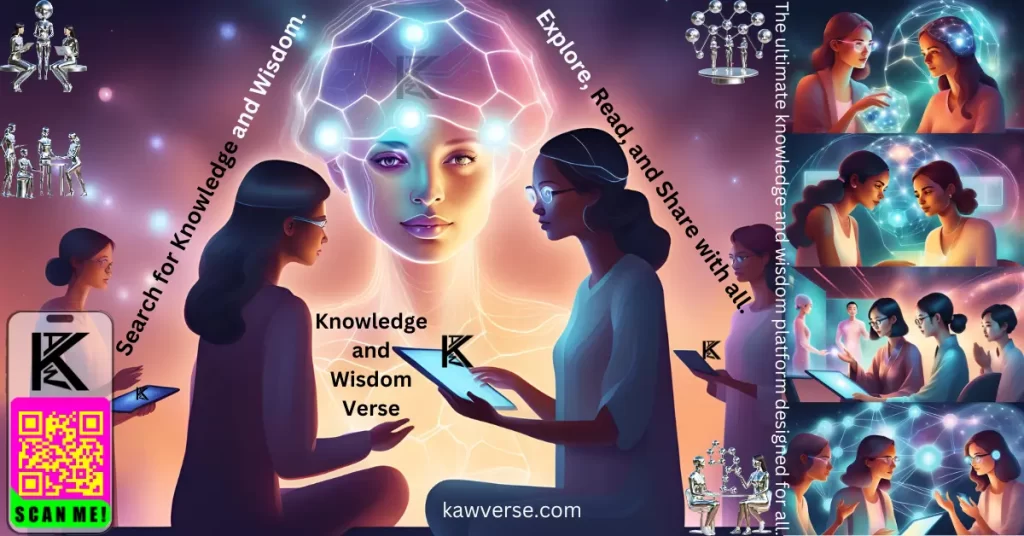Artificial intelligence (AI) has become a ubiquitous term, captivating imaginations and sparking discussions about the future of technology. But what exactly is AI, and how is it impacting our world? This comprehensive guide delves into the core concepts, applications, and future prospects of AI, offering a clear understanding of this transformative technology.
Demystifying AI: Beyond Science Fiction
AI isn’t simply robots taking over the world (at least, not yet!). It encompasses a broad range of intelligent systems that can mimic human cognitive functions like learning, reasoning, problem-solving, and decision-making. These systems are powered by algorithms trained on vast amounts of data, enabling them to identify patterns, make predictions, and perform tasks with increasing autonomy.
The Diverse Landscape of AI: A Spectrum of Capabilities
The realm of AI is vast and multifaceted. Here’s a glimpse into some key areas of AI development:
- Machine Learning (ML): This subfield of AI focuses on algorithms that improve their performance with experience. Imagine a program learning to recognize spam emails by analyzing millions of examples.
- Deep Learning: A subset of ML inspired by the structure and function of the human brain. Deep learning models, also known as artificial neural networks, excel at tasks like image recognition and natural language processing.
- Computer Vision: AI systems equipped with the ability to “see” and interpret the visual world. Applications range from facial recognition software to self-driving cars navigating complex road environments.
- Natural Language Processing (NLP): AI models that understand and process human language. NLP has applications in machine translation, sentiment analysis of social media data, and the development of chatbots that can hold conversations with humans.
The Impact of AI: Revolutionizing Industries and Daily Lives
AI is rapidly transforming various sectors:
- Healthcare: AI assists in medical diagnosis, drug discovery, and personalized treatment plans.
- Finance: AI helps detect fraudulent transactions, manage risk, and personalize financial products.
- Manufacturing: AI streamlines production processes, optimizes resource allocation, and predicts potential equipment failures.
- Customer Service: AI-powered chatbots offer 24/7 customer support, answer frequently asked questions, and personalize the customer experience.
The Considerations of AI: Challenges and Ethical Concerns
As with any powerful technology, AI comes with its own set of challenges:
- Bias and Fairness: AI systems trained on biased data can perpetuate those biases in their outputs. Mitigating bias requires careful data selection and ongoing monitoring.
- Job displacement: As AI automates tasks previously done by humans, concerns arise regarding job displacement. Reskilling and upskilling initiatives become essential.
- Explainability and Transparency: Understanding how AI systems reach their decisions is crucial. Ensuring transparency in AI models builds trust and allows for responsible development.
The Future of AI: A Collaborative Journey
The future of AI is brimming with possibilities. However, responsible development is key. Collaboration between researchers, ethicists, and policymakers is crucial to ensure AI benefits humanity. Here are some potential areas of focus:
- Human-AI Collaboration: Imagine AI as a powerful tool that enhances human capabilities, not replaces them. The future lies in humans and AI working together to solve complex problems.
- Safety and Security: Robust safeguards are essential to mitigate potential risks associated with advanced AI development.
- Regulation and Governance: Clear guidelines and regulations are needed to ensure the responsible development and deployment of AI technologies.
Understanding AI: A Call to Action
AI is no longer a futuristic concept; it’s woven into the fabric of our daily lives. By understanding its potential, limitations, and the ethical considerations involved, we can actively participate in shaping the future of AI. Embrace AI as a tool for progress, ensuring its development benefits all of humanity.


Leave a Reply
You must be logged in to post a comment.